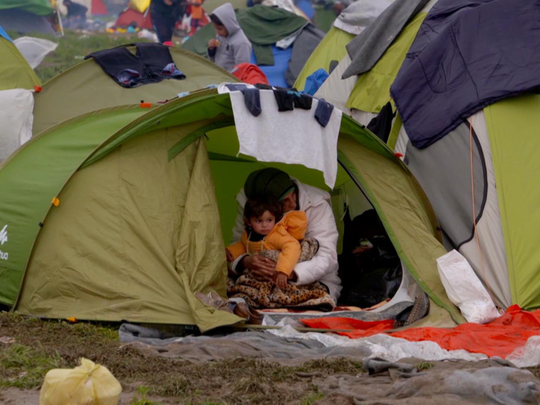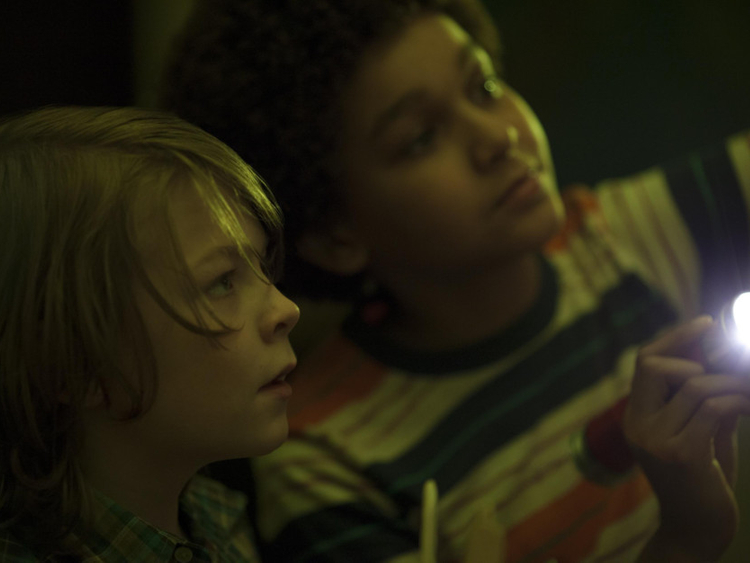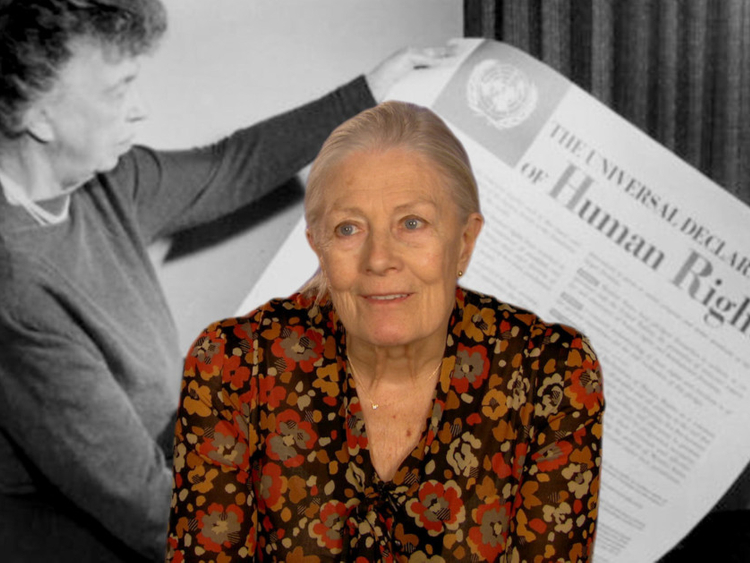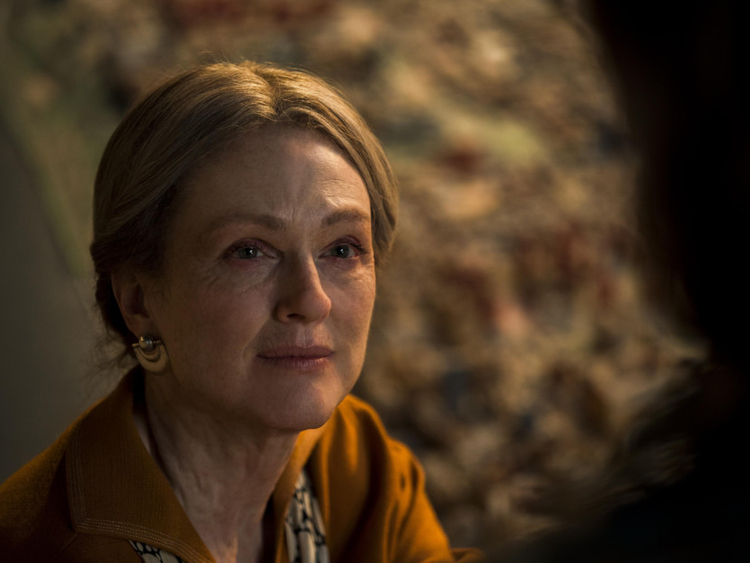
It is the first time that the screenings of the Cannes Film Festival begin with a delay, not because of technical reasons but due to strict security measures akin to those performed in airports. Criticism of the latter has been expressed by journalists, but thankfully they end once the lights go down in the theatre and everyone gets wrapped up in the realm of images and stories that are projected on the screen. And it is a modern fable that American director Todd Haynes attempts to narrate with his Wonderstruck, his eleventh feature film, based on a renowned novel by his fellow citizen, US writer and illustrator Brian Selznick.
Opposite to opening-night film Ismael’s Ghosts, by French director Arnaud Desplechin who tried to tell a comedic fable, Todd Haynes chooses a more modern approach, based on the daydreaming of Ben, an eleven year old who loses his mother many years after his father passed away in less-than-clear circumstances. It is a journey into the past to understand and face the present.
The events of the film, in competition at the 70th edition of the Cannes Film Festival, take place in his 30s and in the June of 1977 between New York and Gunflint Lake, Minnesota. Ben’s difficult life or search for his father crossed paths with his grandmother’s search for her mother, a famous theatre and silent film actress. Ben’s search is an attempt to find himself, while his grandmother’s search is an escape from a life of strictness and the patriarchy of a father unable to relate to his deaf-mute daughter.
To transform the two journeys in a sort of limbo in which Rose and Ben live, and to leave doubt in the audience’s mind that the two could be the same person living in different times, the author and director put Ben in the same exact condition of deafness. A stormy night is the narrative device through which Ben is hit by a lightning during a phone call and loses his hearing.
After a few hours at the hospital, Ben manages to run away, travelling towards New York in search of his truth with a bookmark printed by a bookshop in a Caribbean borough in the city. The bookmark is a message of love, carrying the signature of the person that might be his father, and in that borough the real fable begins, in a cross between past and present, and silent and sound cinema. And it is there that Ben’s encounters reveal the truth about his origins.
Vanessa Redgrave, Unstoppable Fighter
After Gianfranco Rosi’s Oscar-nominated Fire at Sea it isn’t easy to make a documentary that speaks about the dramas of migration. But this did not discourage a great supporter of human rights like the eighty-year-old British actress Vanessa Redgrave who chose to portray refugee camps in Greece, Italy, Lebanon and France, observing with her own eyes the situation on the ground and to scream out a passionate protest against the world’s inability to face and solve the hardship of millions of people running away from wars and oppression.
Sea Sorrow made personally by Redgrave, after her son Marco Gabriele Nero insisted she embark on this journey, is not a documentary seeking critical acclaim, rather it is a document that speaks looking directly into the eyes of the audience, bringing the testimony of the director and of many people who are engaged in the fight to secure asylum for those running from wars. Sea Sorrow does not make proclamations or use slogans, but it underlines some truths: children and minors, of whom there are thousands in camps, should not be subject to further threats to their life due to the prolongation of their stay; refugees arriving in Europe are just a small percentage of those who are forced to leave their homes and countries; the current situation cannot only be resolved by using security measures but countries involved should do their best to stop the ongoing wars in Africa and the Middle East.
— Erfan Rashid is an Iraq-born journalist and film critic based in Italy. He’s the former director of Arabic Programmes at the Dubai International Film Festival
















